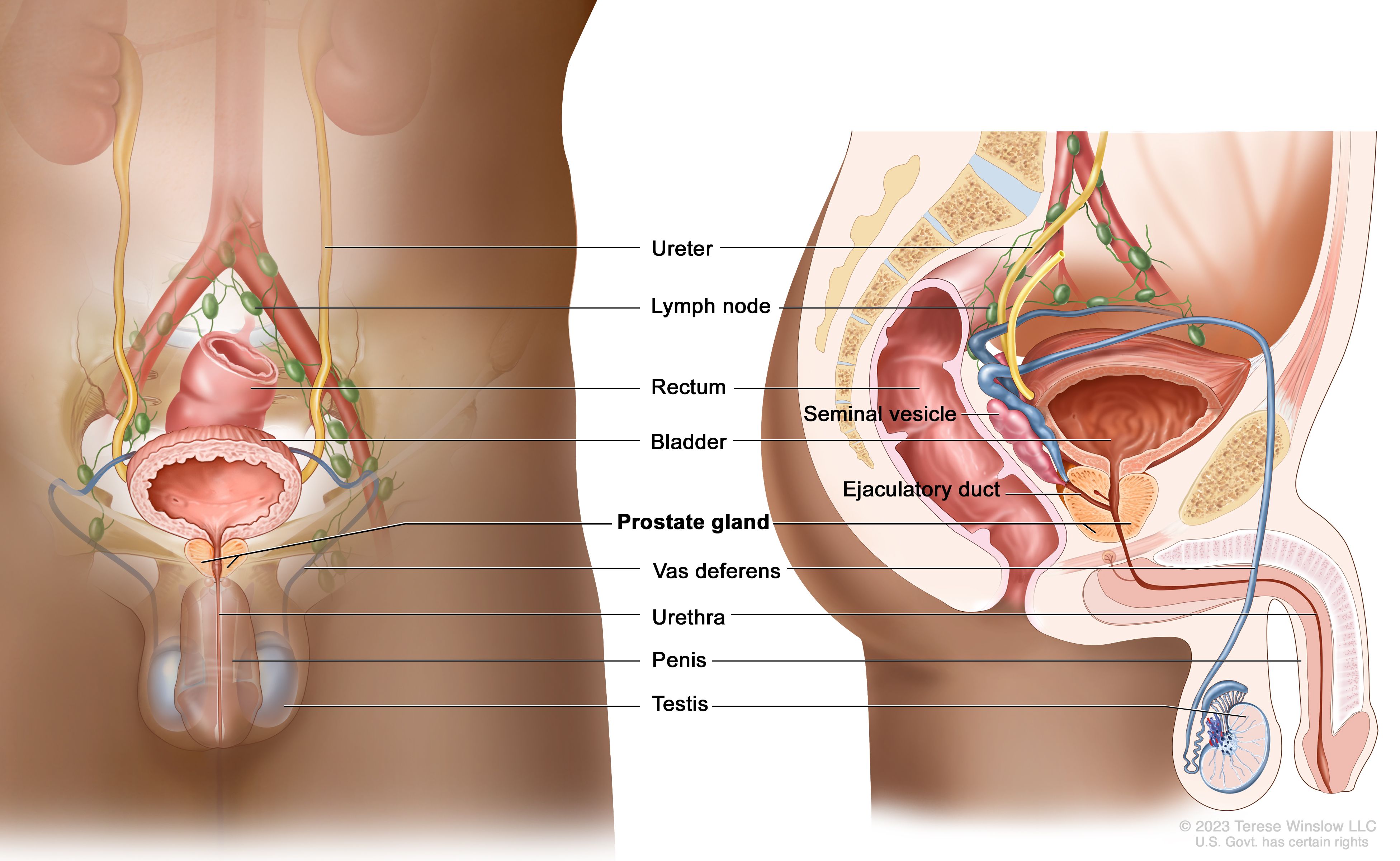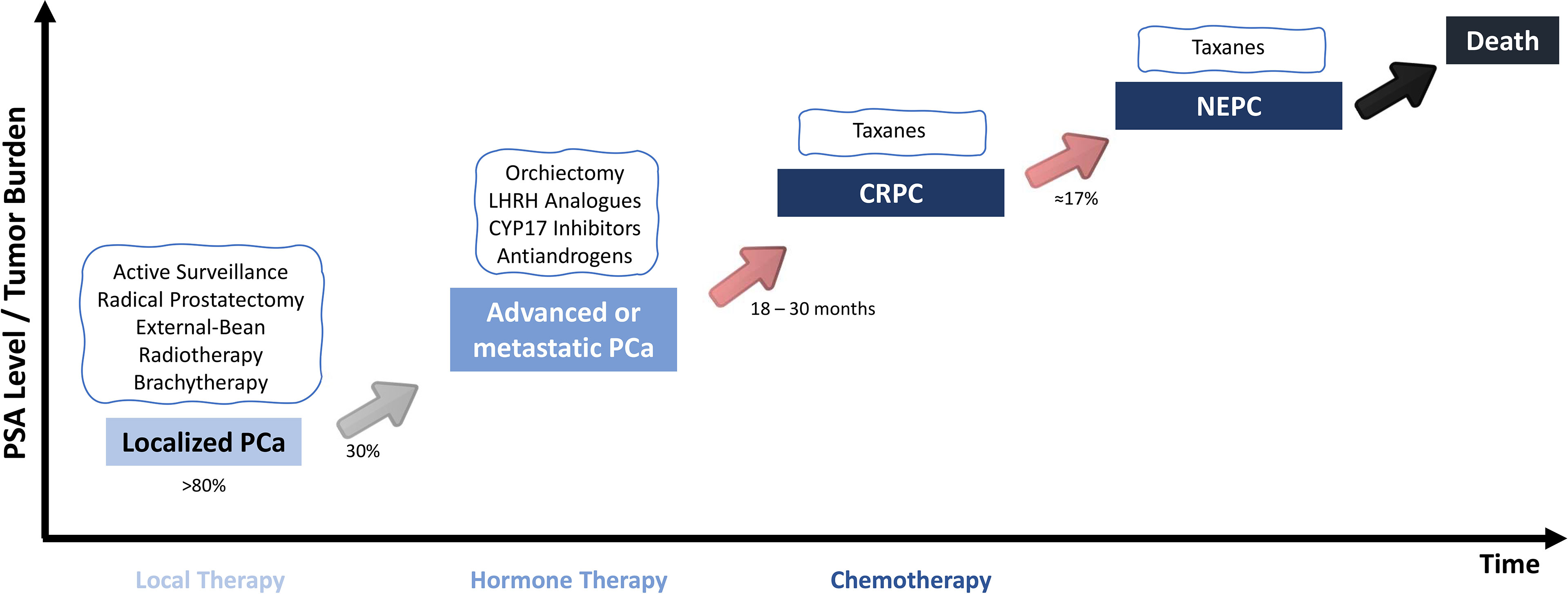Best Prostate Cancer Hospital In India Can Be Fun For Everyone
Best Prostate Cancer Hospital In India Can Be Fun For Everyone
Blog Article
Efficient Prostate Cancer Cells Treatment Alternatives for Male
Prostate cancer is a prevalent issue among men, with therapy choices differing depending on the phase and aggressiveness of the illness. Additionally, techniques like watchful waiting and energetic monitoring are getting recognition for their role in taking care of prostate cancer.
Surgery as Therapy Option
Surgical treatment stands as a key therapy alternative for prostate cancer cells clients in situations where the disease is localized and surgery is considered ideal by the medical care group. Prostate cancer cells surgical treatment intends to get rid of the cancerous tissue from the prostate gland, either partly (prostatectomy) or entirely (extreme prostatectomy) The decision to decide for surgical treatment is generally based upon different aspects, consisting of the phase of cancer cells, the individual's general health and wellness, and potential side impacts.
One common medical method is robotic-assisted laparoscopic prostatectomy, which supplies precision and marginal invasiveness compared to standard open surgery. This method uses robot arms regulated by the surgeon to get rid of the prostate gland with boosted dexterity and visualization.
While surgical procedure can be efficient in removing local prostate cancer cells, it might entail risks such as urinary incontinence and impotence. Individuals considering surgery needs to participate in comprehensive discussions with their doctor to evaluate the advantages and prospective disadvantages of this treatment option.
Radiation Therapy for Prostate Cancer
Having actually discovered the duty of surgical procedure in treating localized prostate cancer cells, the focus now changes to discussing radiation therapy as one more important treatment method for this condition. Radiation treatment uses high-energy rays to ruin and target cancer cells in the prostate gland. There are 2 main kinds of radiation therapy typically utilized for prostate cancer cells: exterior beam of light radiation and brachytherapy.
External light beam radiation includes guiding radiation from a machine outside the body in the direction of the prostate. On the other hand, brachytherapy entails positioning contaminated seeds directly into the prostate, delivering radiation from within.
Radiation treatment can be a standalone therapy for localized prostate cancer or used in mix with various other treatments, such as surgical treatment or hormonal agent therapy, relying on the phase and aggressiveness of the cancer cells. Best prostate cancer doctor in Mumbai. Typical negative effects of radiation therapy may consist of tiredness, urinary concerns, and bowel problems, which are typically short-lived and can be managed effectively
Hormone Therapy in Prostate Cancer Cells
Hormone treatment is an essential treatment approach in taking care of prostate cancer cells, especially in situations where the cancer has actually spread out past the prostate gland. Prostate cancer cells commonly depend on male hormonal agents, such as testosterone, to expand. Hormonal agent therapy, likewise referred to as androgen starvation treatment, intends to either reduce the production of these hormonal agents in the body or block their effects on the cancer cells.
There are different kinds of hormone therapy readily available for prostate cancer cells treatment. One usual approach is the usage of medications called LHRH agonists and antagonists, which function by reducing testosterone degrees. An additional option is anti-androgens, which block the activity of androgens on the cancer cells. Some males may take advantage of a mix of these therapies to effectively manage the cancer cells.
Hormone treatment can assist decrease the development of prostate cancer, relieve symptoms, and enhance top quality of life. Nevertheless, it is not a medicinal therapy and might feature negative effects such as hot flashes, tiredness, and loss of sex drive. Normal surveillance and conversations with healthcare providers are necessary to take care of the impacts of hormonal agent therapy successfully
Immunotherapy for Prostate Cancer Cells
Immunotherapy has actually arised as an encouraging treatment technique for prostate cancer cells, using brand-new avenues for combating the disease. Unlike traditional treatments like surgical procedure or radiation, which straight target cancer cells, immunotherapy works by taking advantage of the body's body immune system to strike and identify cancer cells.
One form of immunotherapy being explored for prostate cancer cells is checkpoint inhibitors. These drugs target proteins that prevent the immune system from attacking and acknowledging cancer cells. click to read more By obstructing these proteins, checkpoint preventions can boost the immune response against prostate cancer cells.
Another technique includes healing injections, which boost the body immune system to target specific antigens found on prostate cancer cells. These vaccinations can help the immune system destroy and determine cancer cells better.


Watchful Waiting and Energetic Security
In the world of prostate cancer administration, especially for instances where aggressive treatment may not be right away essential, the approach of careful waiting and active monitoring plays a substantial role. Watchful waiting entails monitoring the cancer cells without prompt therapy, intervening only if the cancer cells shows indicators of progression. This method is often thought about for older patients with slow-growing tumors or those with multiple wellness concerns where the risks of therapy may exceed the advantages.
Energetic security, on the other hand, entails normal monitoring with PSA examinations, digital anal exams, and periodic biopsies. It is commonly suggested for individuals with low-risk prostate cancer to very closely track any type of changes in the cancer's habits. Therapy options can be reevaluated. if there are indicators of the cancer ending up being much more hostile.
Both watchful waiting and energetic monitoring objective to stay clear of unnecessary treatments and their prospective side results, such as urinary system incontinence and impotence, while making sure timely intervention if the cancer progresses. These techniques give a balance between handling the cancer cells successfully and protecting the individual's lifestyle.
Conclusion

Prostate cancer surgical procedure intends to remove the cancerous tissue from the prostate gland, either partially (prostatectomy) or entirely (extreme prostatectomy)Having actually checked out the function of surgical treatment in treating local prostate cancer, the focus now moves to talking about radiation treatment as one more important treatment method for this condition.Hormonal agent treatment is a critical treatment approach in handling prostate cancer, especially in cases where the cancer cells has spread past the prostate gland. Watchful waiting involves checking the cancer without instant treatment, stepping in only if the cancer shows signs of development. It is normally suggested for patients with low-risk prostate cancer cells to closely track any type of modifications in the cancer cells's behavior.
Report this page